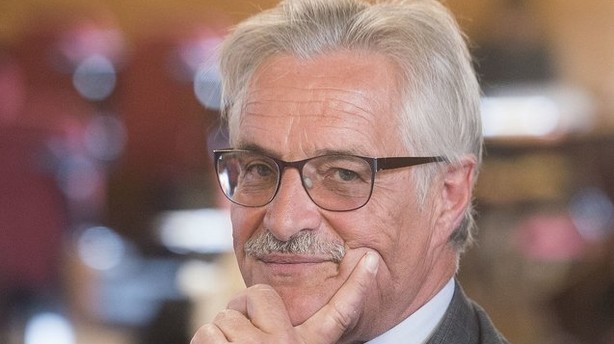Jerker Johnson: The experience of Ostrobothnia (Finland)

date: 19/04/2021
See also: PowerPoint Presentation
Smart Specialisation for the Recovery
The Covid-19 has led to an EU-wide recession. Huge sums are currently being allocated to stimulate the economies and the key question is if the regions will be able to absorb these funds in future oriented investments or will they impede a regional transformation. Confronting this challenge, we need to tap into and build on the experiences that we have gained.
In Ostrobothnia we started a process of co-creation in 2013 and have repeated the process intermittently every second year. The discussions have been well-received by the stakeholders and is more than a discussion even if investment decisions are made by company and the process when well-conducted may influence company leader sense-making. We have also observed that our conclusions have influenced outside stakeholders, for instance when preparing project proposals. Finally, the dialogue has also put us in a better place to absorb the recovery funds in a meaningful way, compared with what would otherwise have been the case.
Learning from external relations
The European policies are made in a multi-level setting and this is a great strength, but the challenge remain how to align the policies and avoid a fragmentation of the resources. In the Finnish case the regions are in a dialogue with the central government but to encompass different realities plans are made with low granularity. This is not a problem when carrying out policies as it allows for a flexibility, but it makes it difficult to conclude on policies on an organizational or institutional level.
Transnational learning forms an important part of smart specialization especially in smaller regions. It may remedy for lack of a “critical mass” and provides both outside knowledge and development inspiration. Tapping into the heterogeneity of regional innovation modes is a source for policy development and for learning among the regions.
The challenge of governance
The smart specialisation needs a proactive governance and a this is a new role for the public sector. Proactive governance implies thinking into the future and acting when there is not yet a call for action. Your motivation for a proactiveness, may depend on what you see that the future holds.
Failure to see opportunities may contributes to that incentives in regional governance lies in securing and distributing funds and not in engaging in a discovery process. There are of course differences among the regions but clearly you are less likely to work with discoveries if you do not have the resources to act on the findings.
Also, there is a complexity problem in the political mobilisation for the Green Deal, sometimes described as a “wicked game”. The process involves lot of stakeholders and the environment is constantly changing. In this situation it is tempting for the public authorities to jump to and mobilise around a “key intervention”. They should rather focus on un-locking the innovation system potential, but again that is a more elusive concept. Still, it is in out experience possible and it starts by co-creation.
